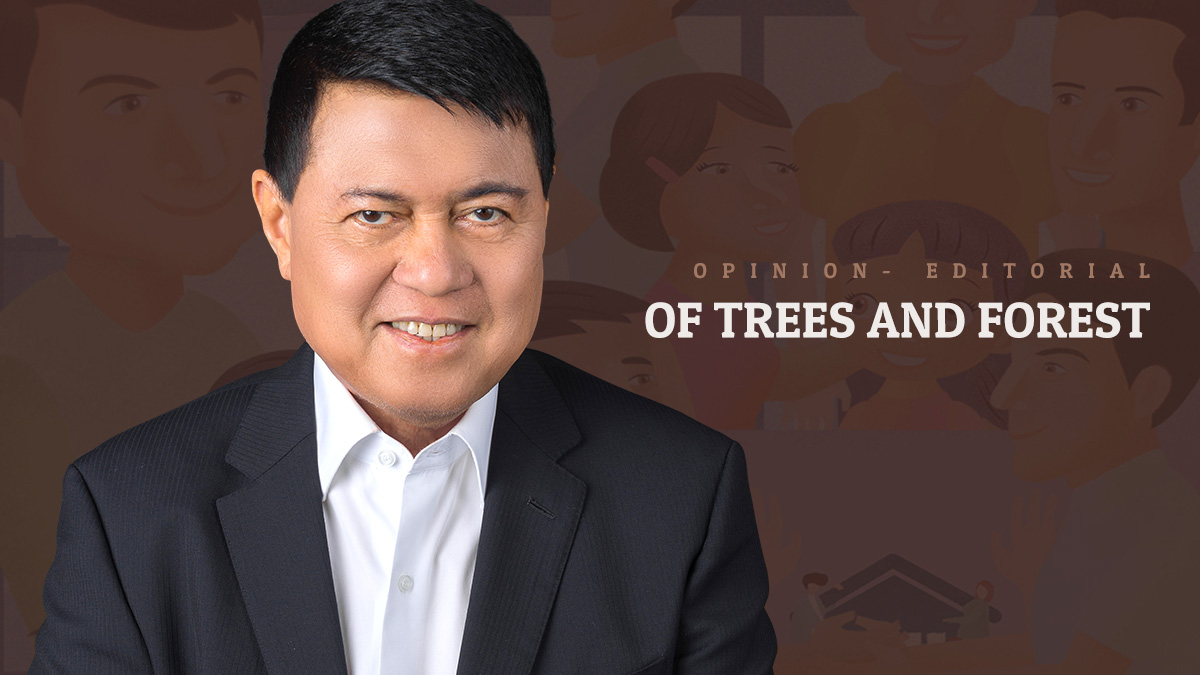
And There They Go!
Last February 12, candidates running for the 2019 senatorial elections began their 90-day campaign to convince the electorate that they are the right persons for the job. For the voters, it is the beginning of three months bombardment of information about candidates — some useful, others not so useful.
Many analysts (this is another indicator that we are in an election season—the increase in the numbers of “political analysts” and “experts) are of the opinion that the 2019 elections function as a referendum on the administration of President Rodrigo Duterte. Is it?
Well, yes and no. The May polls are happening during the third year of the Duterte administration so it is natural to consider the midterm election as an opportunity for voters to evaluate the first three years of the sitting government. The conventional thinking is that if voters elect candidates from the party of the President or at least those he endorsed, then that is a sign that the voters are satisfied with the administration’s performance.
If, on the other hand, the voters reject his candidates and elect candidates from the opposition then that is clearly a rejection of his policies. This was the case in the recent midterm elections in the US in which the Democrats won the majority of seats in the House of Representatives. Many believed that this was a clear message from American voters that they are not happy with some of the actions taken by President Donald Trump.
That is conventional wisdom. The problem with convention is that it often fails to look at the bigger picture. In Philippine elections, the reality is that issues, while important, are not the foremost consideration in the minds of voters.
Federalism, the war on drugs, the South China Sea, divorce, same-sex marriage, and other subject matters are consequential issues. But my 21-year experience in politics has taught me that Filipinos vote for candidates they trust. Filipino voters are emotional voters just like typical voters anywhere in the world.
For instance, it is possible that the candidates endorsed by, and allied with, the President would gain an advantage by virtue of that endorsement (that seems to be the case with Bong Go and Bato dela Rosa) but I am sure that voters would vote for Lito Lapid regardless of their assessment of the present administration (according to the latest Pulse Asia survey, he is number 4). It is also important to note that Francis Tolentino and Freddie Aguilar, both recipients of presidential endorsements, have yet to crack the Magic 12 circle of pre-election surveys.
This is, of course, dependent on the popularity of the incumbent. If the sitting president has high approval ratings then his/her endorsement would be very important to any candidate. In the 2013 senatorial elections, for example, then President Benigno Aquino III was still very popular according to surveys. This was reflected in the results when the administration coalition, Team PNoy, won 9 out of the 12 seats up for grabs in the upper chamber.
President Duterte got an 81% approval rating in the latest poll by Pulse Asia and a 74% trust rating according to the Social Weather Stations (SWS). Will this translate to victory for those allied with the administration? We’ll find out in May but candidates should not solely ride the coattails of a popular president. Candidates should work hard to connect with voters and prove that they are sincere and capable of helping the country solve its many problems.





